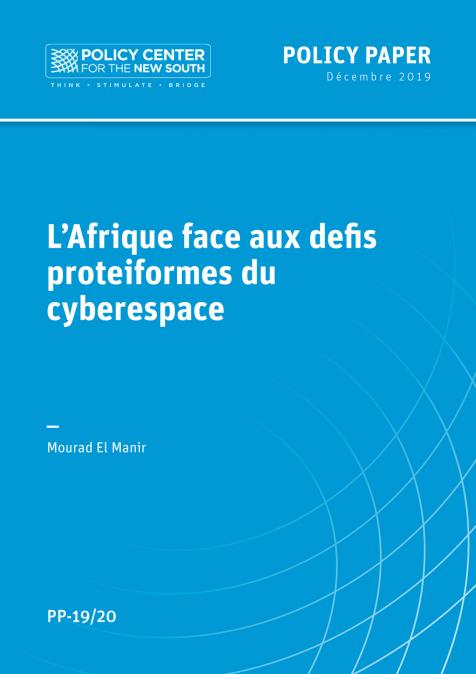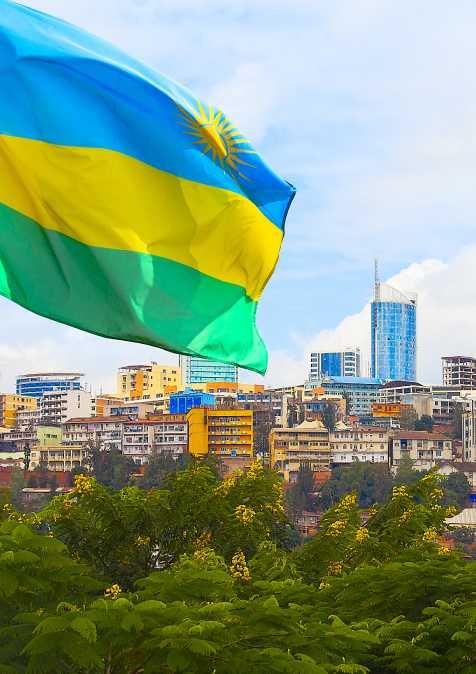Publications /
Policy Paper
Le prix du meilleur roman africain de science-fiction au titre de l’année 2017 avait été remporté par Tade Thompson pour son livre intitulé «Rosewater» qui aborde l’histoire d’un agent des services de sécurité luttant contre les cyber-fraudes au Nigéria en 2066. Cette référence à un roman de science-fiction pour introduire les enjeux cybernétiques en Afrique n’est pas fortuite dans la mesure où le mot «cyberespace», inspiré du mot «cybernétique», fut utilisé, pour la première fois, en 1984, par l’auteur de romans de science-fiction William Gibson, pour désigner «Une hallucination consensuelle vécue quotidiennement, dans tous les pays, par des gosses auxquels on enseigne les concepts mathématiques.»






